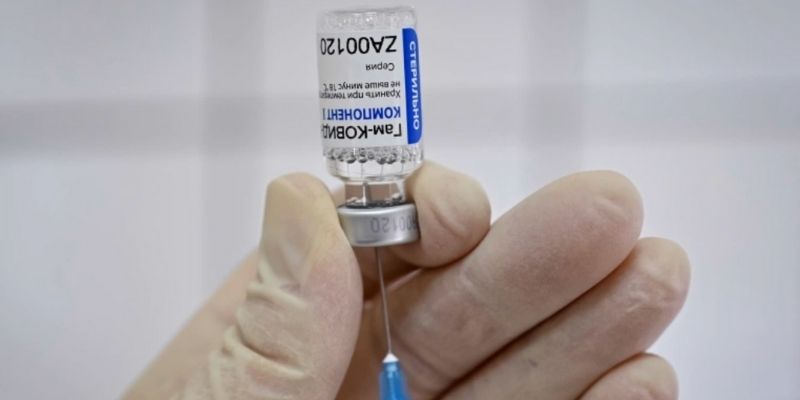Russian authorities have applied for registration of the Sputnik V coronavirus vaccine in the European Union, the country’s sovereign wealth fund financing the jab said Wednesday (20 January).
Earlier this week, Hungary has signed a deal to buy two million doses of Russia’s vaccine. It is the first EU country to break ranks and unilaterally approve the shot as frustrations build in Europe over delays in supplies of Western vaccines that are hampering economic recovery.
The Czech immunologist Václav Hořejší assures the public. “Concerns about the Russian or Chinese vaccine are not substantiated. In both countries, excellent scientists have been working on vaccine development. Just as the European or American ones,” says Hořejší to CNN Prima News.
“In addition, Sputnik V is based on the same principle as the AstraZeneca vaccine.”
Scientists have raised concern about the speed at which Moscow has launched its vaccine, giving the regulatory go-ahead for the shot at home and beginning mass vaccinations before full trials to test its safety and efficacy had been completed.
Moscow has said Sputnik V is 92 percent effective at protecting people from COVID-19 based on interim results but has not yet released the full dataset for the trials.
“Without the approval of the European Medicines Agency, it would be unacceptable for me to use any vaccine, not because it is from Russia, but because it would not have this approval,” says Minister of Health Jan Blatný (ANO).
“If Sputnik V passes the tests, the Czech Republic will use it and consider it as safe as vaccines from Pfizer or Moderna,” he added.
According to market and consumer data provider Statista, over 50 countries have placed orders for the Sputnik V. The vaccine is also being used in Belarus, Argentina, Bolivia, Palestine, Algeria, and Serbia.
How does Sputnik V compare to other vaccines?
Compared to other vaccines, it is not widely available yet, but it was among one the first to be developed, after the Chinese ones.
The Sputnik is a conventional DNA vaccine, Galit Alter, professor of medicine at the Ragon Institute of MGH, MIT and Harvard said to National Public Radio (NPR) in the US. In contrast to RNA-based products such as the Pfizer and Moderna vaccines, Sputnik is built around an adenovirus.
“What we know about these vaccines is they are incredibly safe. They are not virulent, and they are wonderful delivery platforms for vaccination,” she added.
Support Prague Morning!
We are proud to provide our readers from around the world with independent, and unbiased news for free.
Our dedicated team supports the local community, foreign residents and visitors of all nationalities through our website, social media and newsletter.
We appreciate that not everyone can afford to pay for our services but if you are able to, we ask you to support Prague Morning by making a contribution – no matter how small 🙂 .




